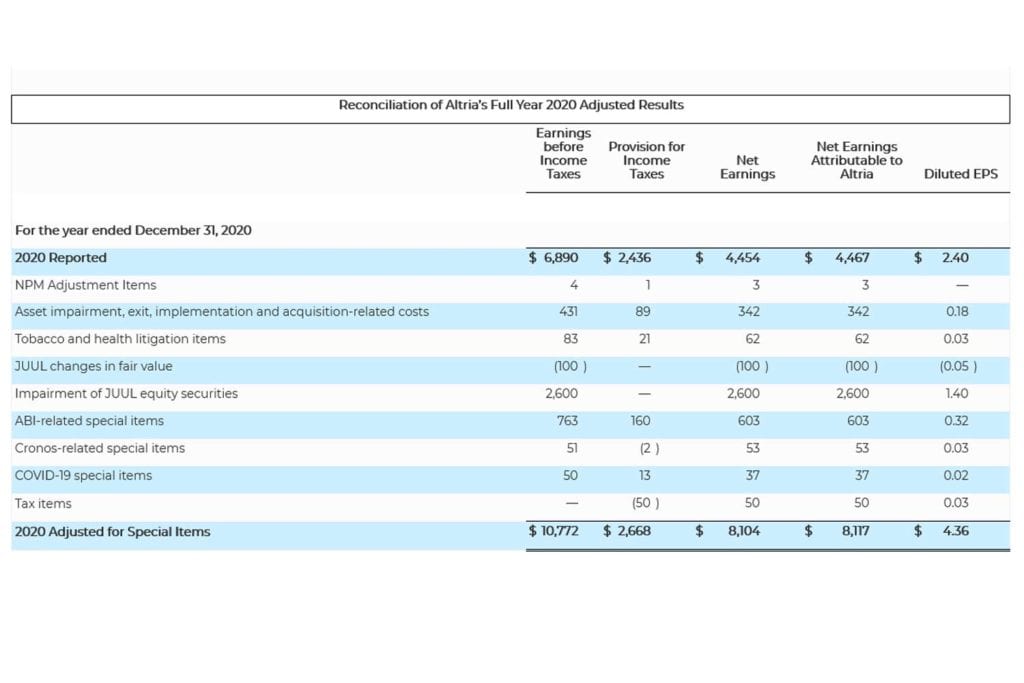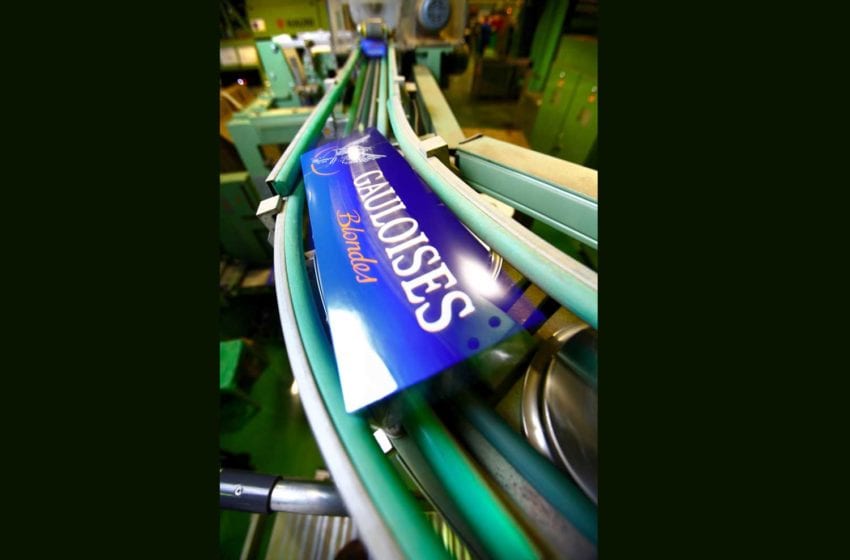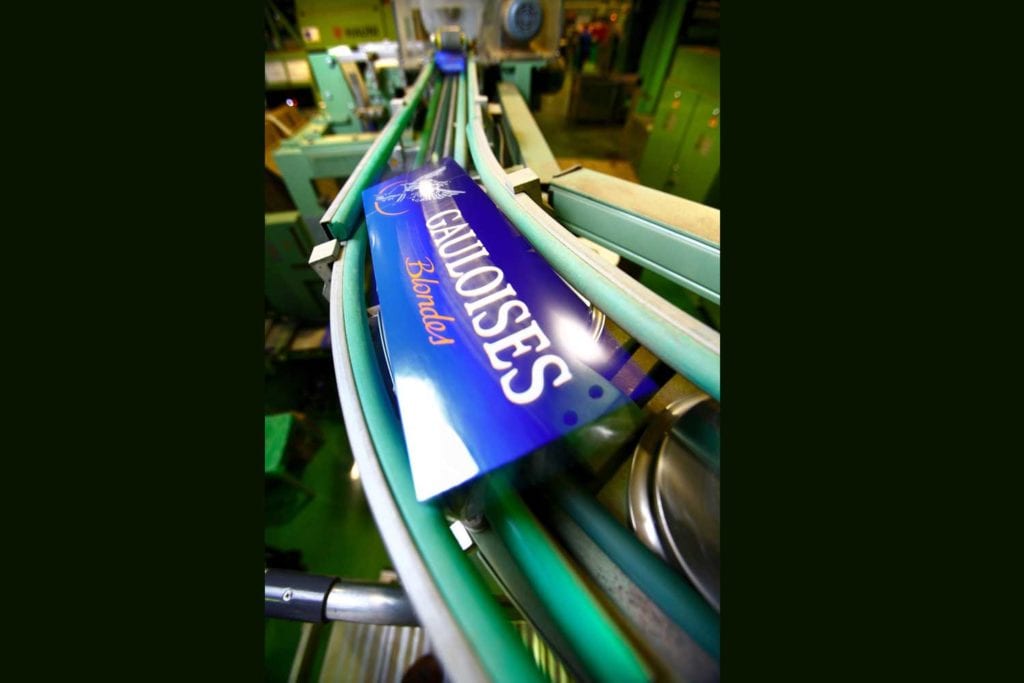
Vapor company stocks listed on the Hong Kong Stock Exchange plunged following an official warning that e-cigarettes can damage health, reports the Global Times. Smoore International saw its shares slump nearly 20 percent near the end of the May 26 trading session before finishing the day down 17.1 percent. China Boton Group lost 17.94 percent while Huabao International Holdings shed 7.69 percent. By comparison, the benchmark Hang Seng Index gained 0.88 percent.
The rout was triggered after the National Health Commission and the World Health Organization’s China office unveiled a joint report stating that there’s sufficient proof that e-cigarettes are unsafe and harmful to health.
According to the report, China’s smoking population tops 300 million, with the smoking rate for those aged 15 and above standing at 26.6 percent and the percentage of male smokers hitting 50.5 percent. Cigarettes claim the lives of more than 1 million people in the country per year, the authors wrote. The annual number is estimated to rise to 2 million by 2030 and then to 3 million by 2050, assuming the absence of effective actions.
The recent report contradicts a report by the U.K. Royal College of Physicians, which in 2016 concluded e-cigarettes are 95 percent safer than regular cigarettes and are likely to be hugely beneficial to public health.
One vapor company defied the panic selling on May 26: In the final hour of Hong Kong trading, BYD Electronic soared 22.91 percent on reports that the company has finalized patenting its e-cigarette business, which is expected to begin mass production in June.




















